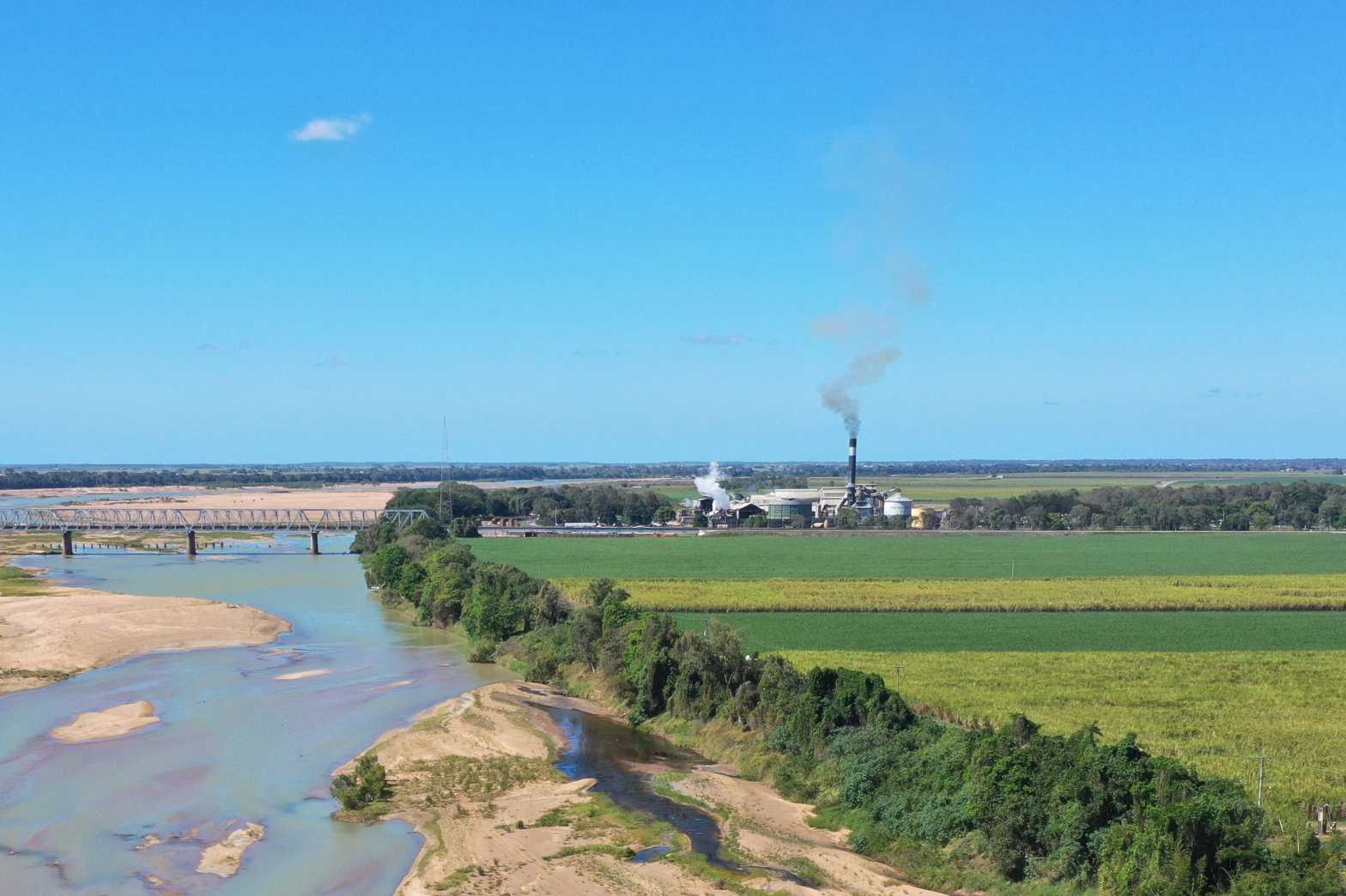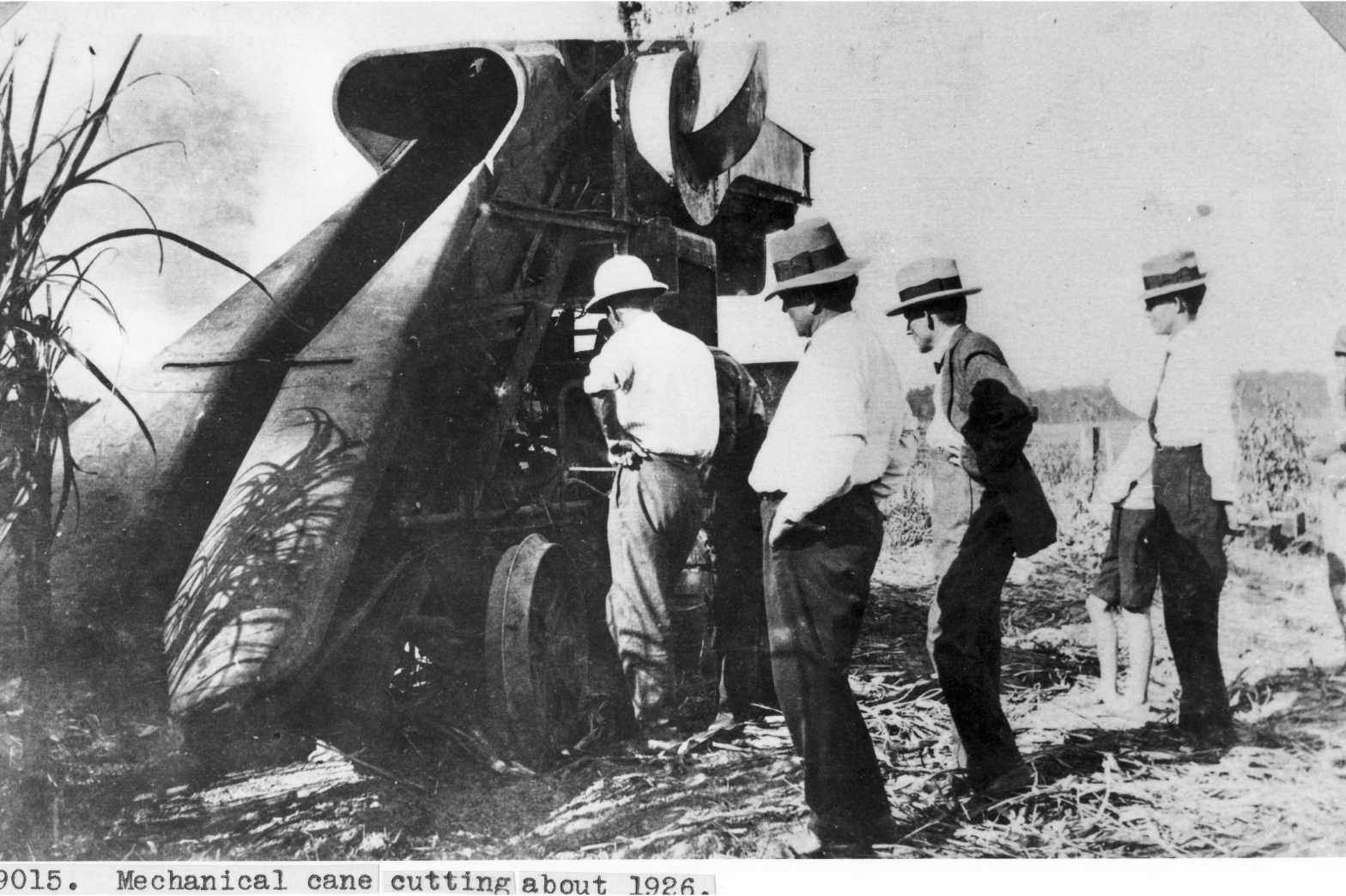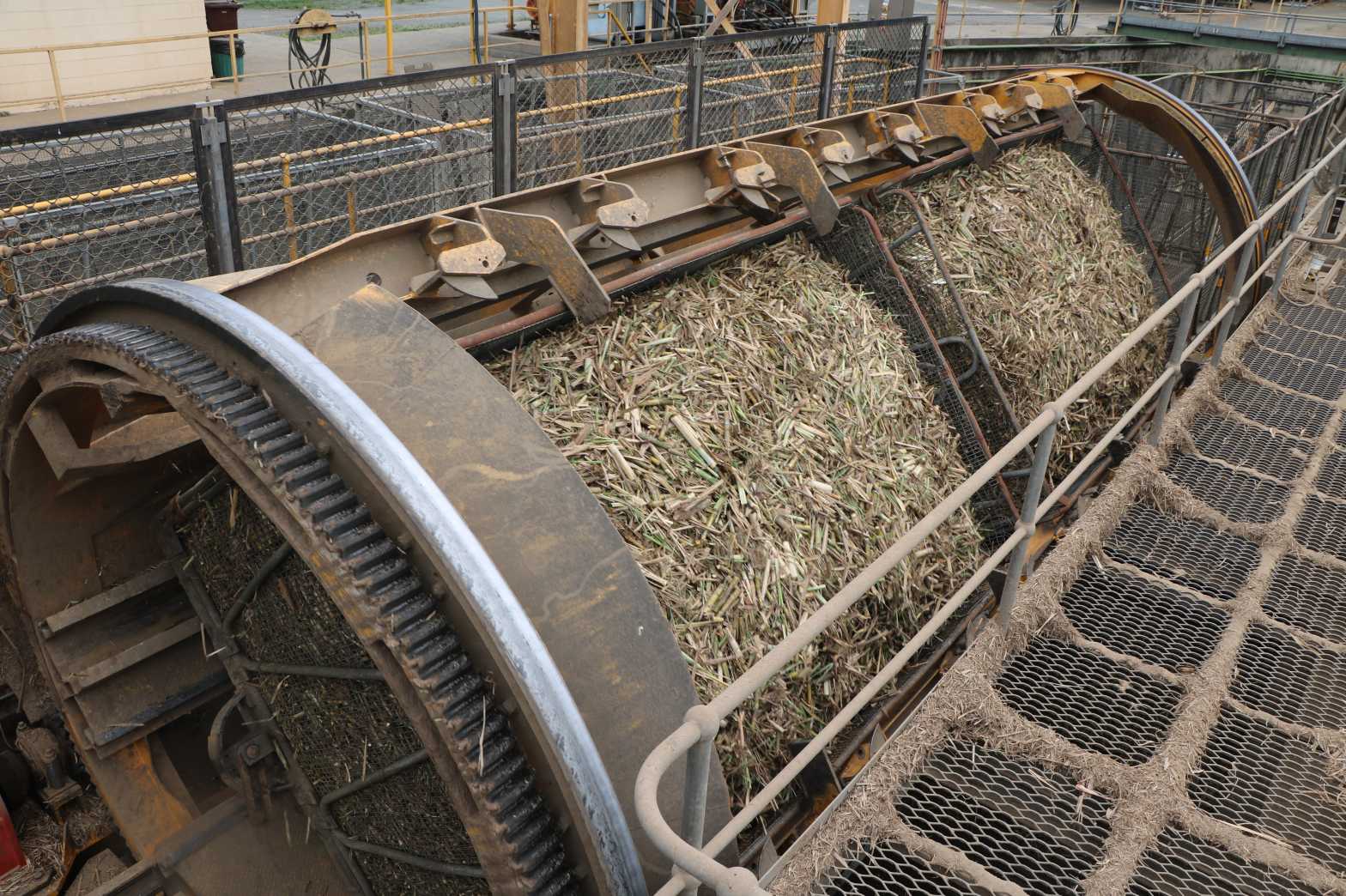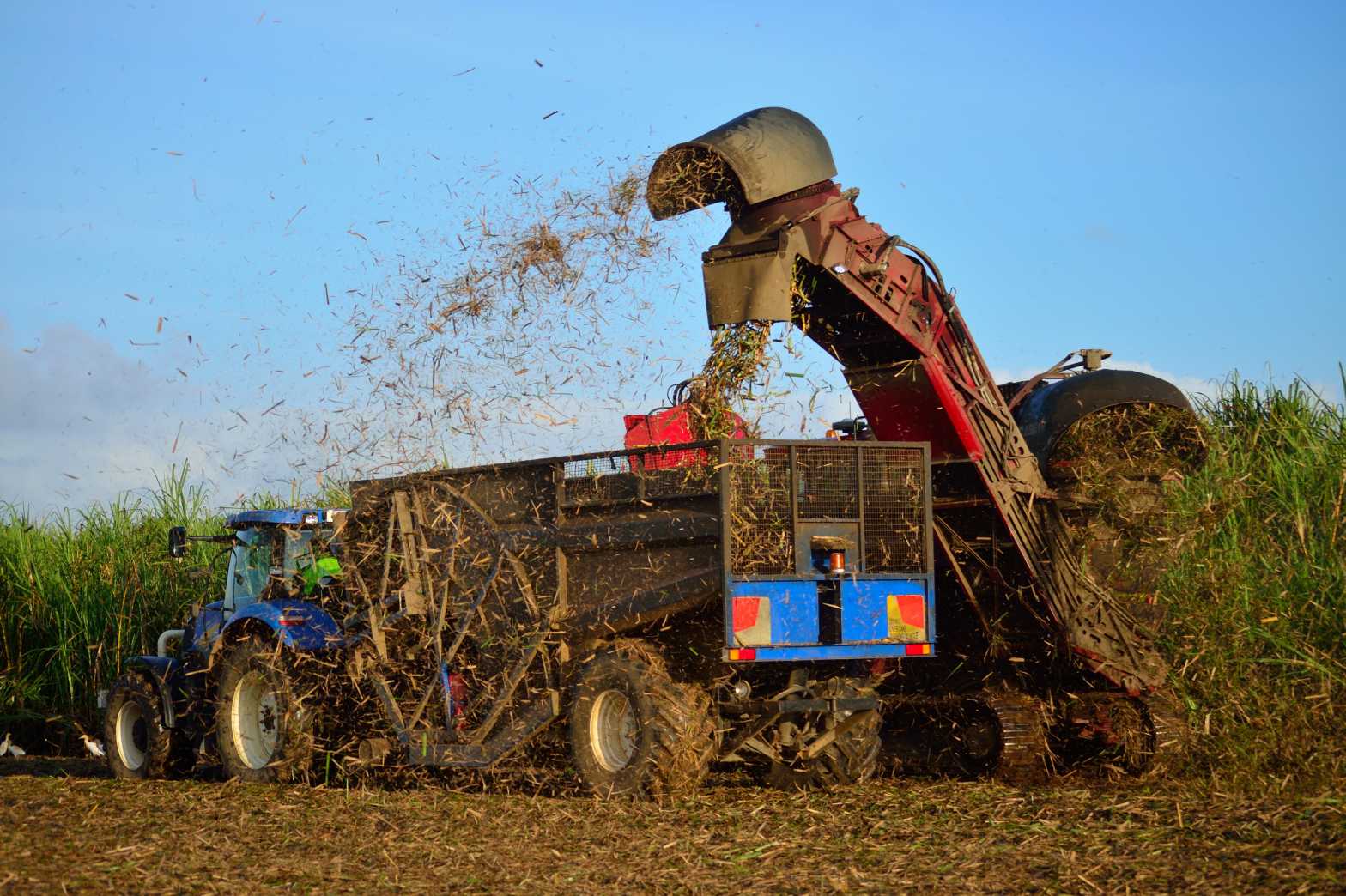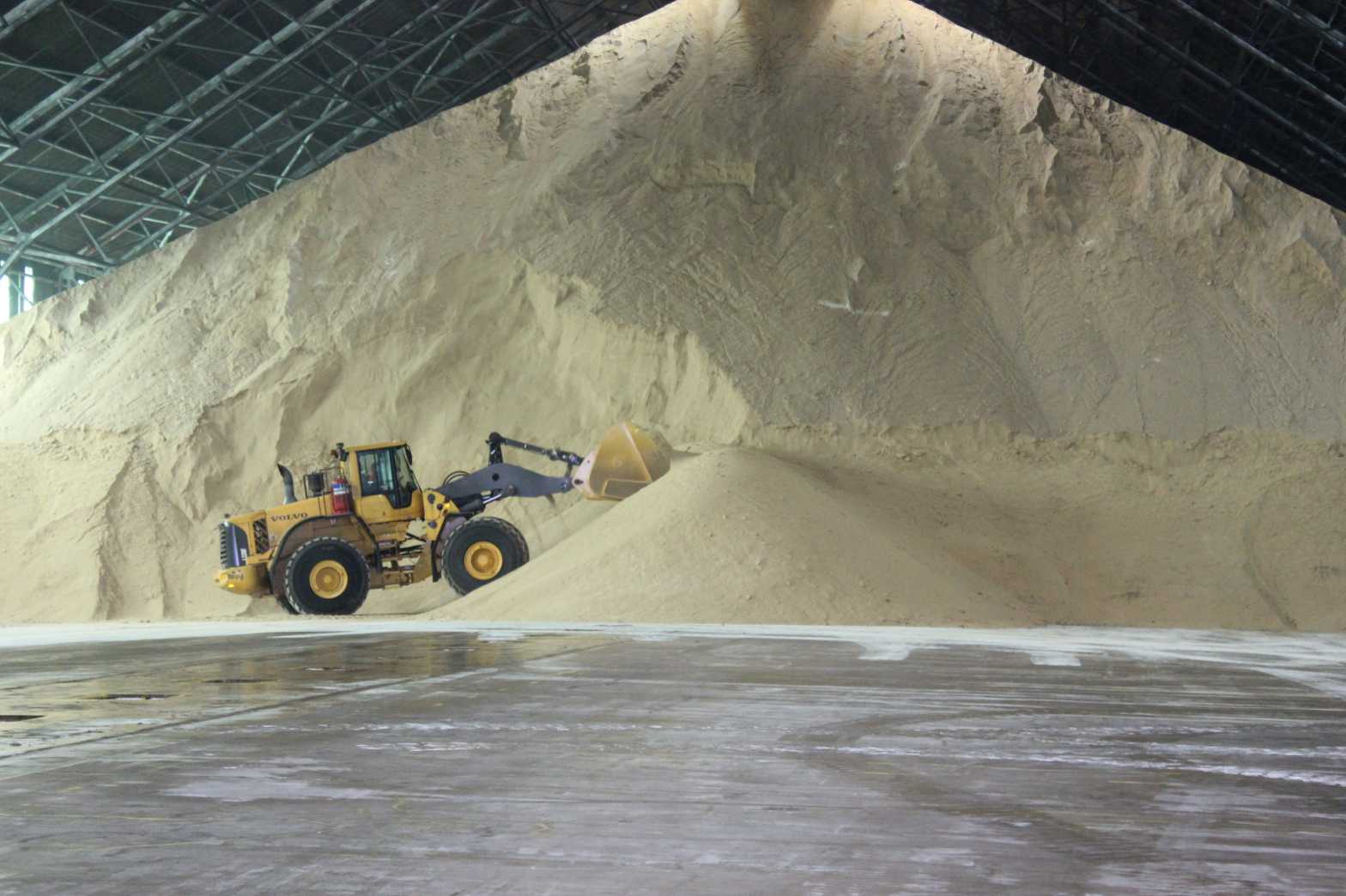As I busily prepare my farm for harvest, and look out over a great crop of sugarcane, it’s hard to imagine better conditions for harvesting Queensland’s crop.
The sun is shining, and the cane flowers are swaying gently in the breeze. Even up north, in our most rain-soaked districts of the Wet Tropics, the sky is finally blue, and the paddocks are slowly drying out.
But there’s something missing from this idyllic scene.
It’s the rumble of harvesters, the steam from the mill stacks, the smell of the cane juice wafting on the breeze. In short, what’s missing is the harvest itself.
By this time in mid-June the Burdekin crush should be well underway. The Plane Creek, Proserpine, Herbert River, and Tully districts should also be ramping up.
Instead, harvesters lie dormant and the rollers at nine of Queensland’s largest sugar mills are silent, as workers at eight Wilmar mills and Tully Sugar take industrial action to demand better pay.
This type of action puts growers in a difficult position. On the one hand, mill workers are often family members and friends, people from the local community that we care about and we want to see thrive in our industry.
On the other hand, growers have put a lot of time, effort, and money into getting their crop ready to be harvested at the optimal time of year, when the cane is fully grown, the sugar content is highest, and the weather conditions allow harvesters into the paddocks.
If growers can’t get their cane off in a timely manner, the harvest will likely run into Christmas and possibly even the New Year period.
The later the crush, the more likely it is to run into the start of the wet season, which makes the cane harder to harvest and lowers the sugar content so much that it may become financially unviable to harvest.
But it’s not only this season that will be impacted by an extended crush. Growers will have a shorter window to plant next year’s crop, and late harvested ratooning cane will have less time to grow, resulting in a smaller crop next year.
This doesn’t just sap grower income over consecutive years, it impacts the economic health of the entire community and everyone who works in our industry.
At the end of the day, workers have a right to demand better pay, and employers have a right to maintain a viable business, balancing costs and returns.
Ultimately, the umpire at Fair Work Australia may be forced to decide what a fair and reasonable outcome is.
But I know I speak for all growers when I say, I hope it doesn’t come to that. I hope mill owners and unions can come to an agreement quickly, with as little impact on the crush as possible.
Caught in the crossfire is a dangerous place to be, and growers are desperately hoping their livelihoods don’t become collateral damage in this dispute.
